Why do dogs wink? When we get our little puppy, vocal commands and hand gestures become a regular thing when they’re at the early stages of training. As time goes on, and we begin to know the dog more, specific behaviors and quirky actions start to become a way of communicating. This specific article will go into further detail about the reasons why dogs wink as well as other common physical behaviors in dogs.
Dogs winking tends to be a learned behavioral cue. They usually use this as a way of making eye contact, looking for attention, or imitating their owners. You may notice your dog winking at their food, treats, or toys. This is a way of asking or demanding their owner to help provide them the goods.
Busy? Get Your Hands Paws On The Answers Quickly…
WHAT’S THE REASON FOR DOGS WINKING?
Making Eye Contact
Unfortunately, unlike us humans, dogs do not have the ability to communicate or show their feelings through facial expressions. When humans indulge in a face to face conversation, they will gaze into each other’s eyes, as this is a way of showing that you’re listening. This is different for dogs, if you’re staring into a dogs eyes, they will consider this a sign of aggression or threat, and they may become anxious or threatful.
If you’re talking with your pup and showing signs of emotion, you’re likely to have eye contact at some point. This is when you may notice your dog wink, they will likely be doing this to break the gaze. You may also notice them look down and then back at you, this is also to break the gaze.
Looking For Attention
As a dog owner, I’m sure you have witnessed your furry friend looking for attention. In regards to winking, your dog may look towards a specific object (tends to be food orientated) and wink. If your dog knows where their toys or treats are kept, you may notice them loitering around that area and, in some cases winking towards the items they want.
Showing Signs Of Happiness
Angry dogs will not have playful and happy characteristics. However, happy dogs will use their facial expressions and behaviors to show their positive emotions. The most recognised of these will be an ecstatic wagging tail. If your dog is happy and excited, you’ll notice their tail swishing from side to side. A slightly less obvious cue is a wink or two. All dogs are different and show their emotions in different ways. You may notice your dog plonk their head on you lap, this may follow with them winking – a sign of happiness and love.
Imitating Their Owner
Another reason for a dog winking could be due to the fact they’re copying their owners actions. You may notice your dog mimicking your actions, winking is the least obvious. The most common mimicking actions include;, running, sitting, and sleeping.
It goes without saying, a dog imitating their owners is not a bad thing. This makes training very easy as you can achieve more in a shorter period of time due to their mimicking actions. It’s also a great way to teach your dog new tricks, simply by copying your movements.
Underlying Health Issues
Unfortunately, it is not all positive if you notice your dog winking regularly. In fact, it could be a serious underlying health problem. The most common is entropion – a genetic issue that causes dogs’ to blink and wink more often than they should. Dogs with short and plump noses are more likely to suffer from this.
This condition can be very uncomfortable for dogs as it tends to turn their eyelids inwards. The excessive blinking will be due to the irritation and pain caused by this condition. If the condition is not picked up from an early stage, it can go on to have serious implications such as blindness.
If you notice your dog blinking excessively as well as sore eyes, speak to your veterinarian immediately to find out the following procedures.
WHAT DO OTHER DOG EXPRESSIONS AND BODY LANGUAGE MEAN?
| Dog Expression and Action | Reason For Expression and Action |
Eyes
| Eyes wide open | Feels happy and ready to play! |
| Breaks Eye Contact | Avoiding confrontation and being polite |
| Staring and maintaining eye contact | Intrigued or challenging the object in front of them. |
| Upturned and wide open eyes | Feels anxious and unsure about something |
| Eyes narrowing(may be followed by constant staring) | Becoming aggressive |
Ears
| Ears pointing forwards | Curious about something and paying close attention to something close by |
| Ears flat against the head | Something has startled them and they’re becoming aggressive |
| Ears back towards the body, away from the head. | Feeling sad |
Dog Posture
| Tail down, laying down, eyes and ears pointing towards the way they’re facing | Feeling relaxed and calm, nothing is disturbing them. |
| Tail vertically straight, front legs stretched out and backside raised in the air | Feeling playful, ready to have some fun chasing something or someone! |
| Ears up and forward, tail up and legs stiffened | Trying to show a sense of dominance. |
| Bowed legs, ears bent backwards and tail up in there. | Likely to be aggressive, stay clear! |
| Tails are bent low, head leaning towards the ground and ears back. | Anxious or scared |
Dog Gestures
| Paw raised to another dog or owner | In need of something |
| Head up and ears out to the side | Uncertain or curious about something |
| Constant pawing towards their owner | In need of attention/showing affection (love) |
Facial Expressions
| Wide-open mouth with slight upturned lip | Happy and feeling comfortable with their surroundings |
| Bared front teeth | Non-active aggression – tends to happen when they are guarding their toy or bone |
| Yawning | Helps to relieve stress and tiredness |
| Mouth stretched backwards and slightly open | Showing signs of uncomfortableness or pain |
| Licking someone or something new | Greeting and signs of love and affection |
FAQS
Why do dogs look at you when they poop?
Dogs will typically look at their owners while they’re pooping as a way of looking for protection. Dogs are in a vulnerable position during this time, so need reassuring they’re safe, and you’re nearby.
Do dogs feel love when you kiss them?
When you kiss your dog, you may notice them realize it is a sign of affection. Most puppies won’t know that a kiss means love, however, as dogs get older, they’ll begin to associate a kiss with love and affection.
Should you hug your dog?
Research suggests if you hug your dog for too long and restrict their movement, they can become stressed, which can ultimately lead to them biting.
Do dogs know their name?
Dogs do not know their name as such. They will respond to commands, that includes their name. Their name is regularly used in such commands, and therefore it is a habit for them to respond or look in your direction.
Looking for more pawsome posts? Check these out…
Can Dogs Eat Lettuce?
How To Make A Snuffle Mat
When Do Puppies Lose Their Teeth?
Can Dogs Eat Broccoli?
Can Dogs Eat Watermelon?
Disclaimer: Each dog is different, and every circumstance is different. All efforts have been made to provide accurate information. However, it is not provided by a qualified Veterinarian, Veterinarian Surgeon, or Behaviorist. The information provided is purely educational. The information should not be used as an alternative or substitute for medical care. If you have any health or medical concerns, contact a qualified Veterinary Surgeon or Veterinarian immediately.
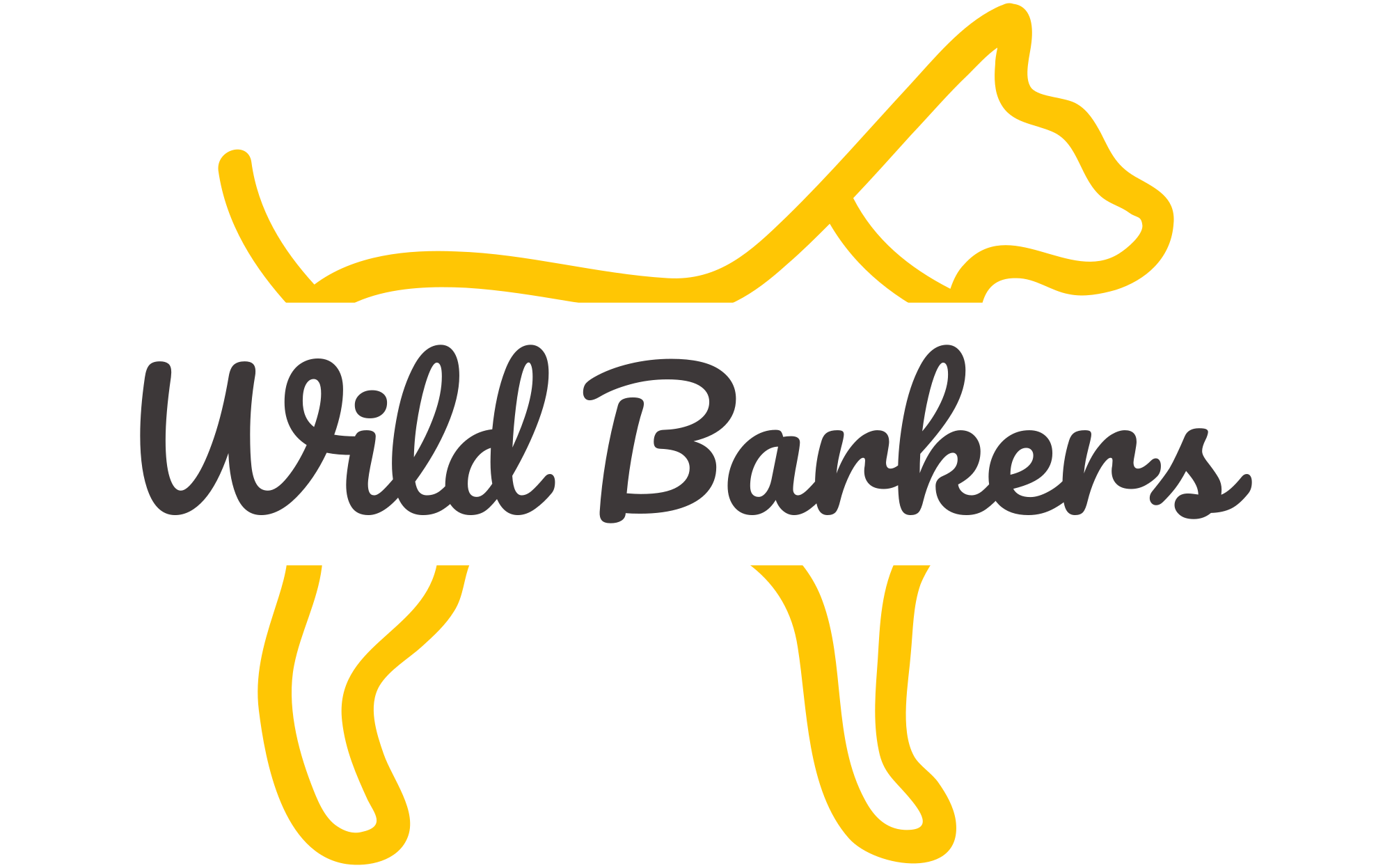

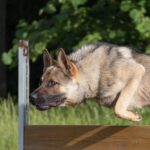
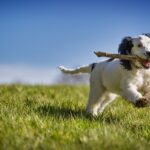
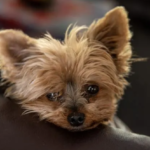
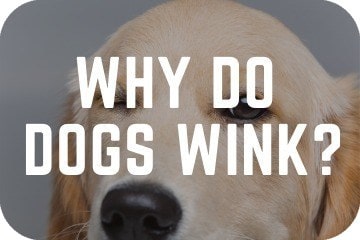
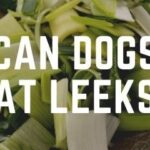

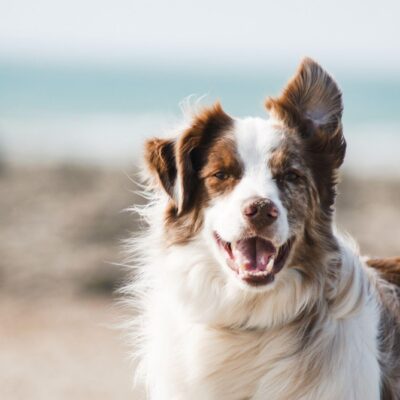
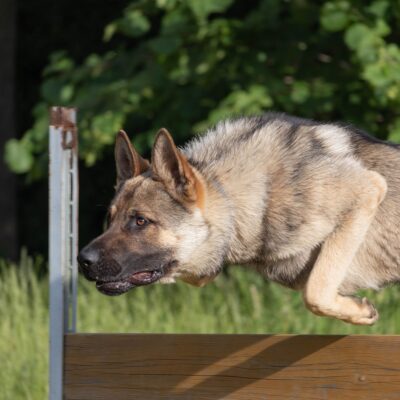
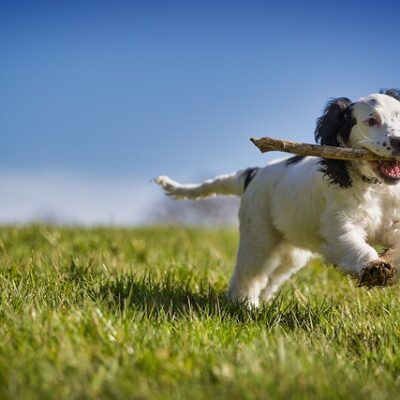
No Comment! Be the first one.